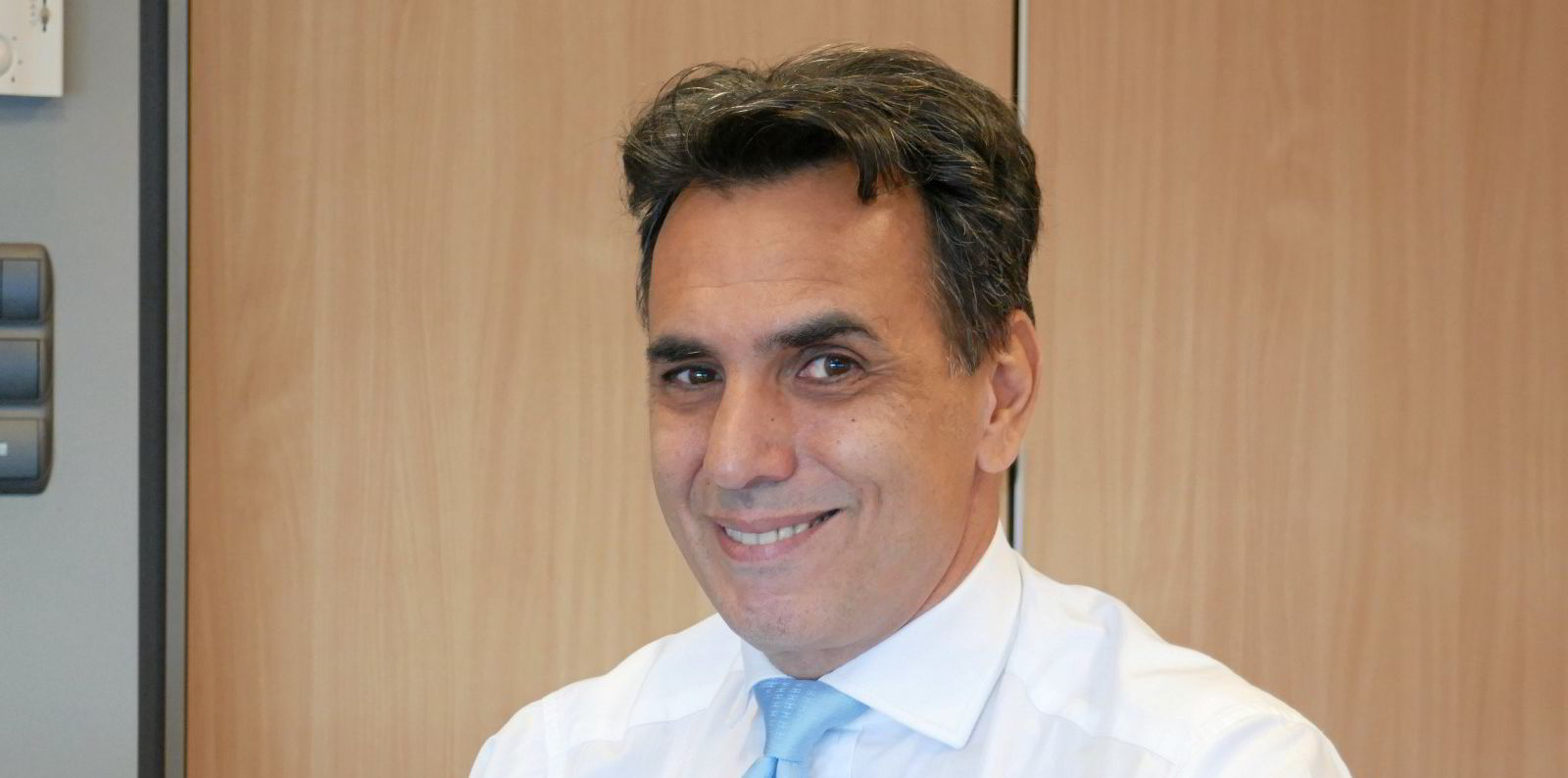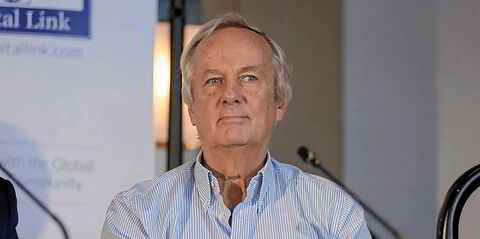With a multitude of shipping and financing players thriving in Greece’s maritime scene, the new head of Norton Rose Fulbright (NRF) in the country is sanguine for the future.
“It’s fair to say we’re looking to expand our presence both in shipping but also outside shipping in Greece,” said Yianni Cheilas, who today — 1 August — became the new head of the law firm’s operations in the world’s biggest shipowning hub.
From his new position, Cheilas oversees 40 lawyers in Athens and Piraeus, 25 of whom handle all aspects of shipping.
Cheilas has more than 20 years of experience at NRF. Currently co-head of the firm’s asset finance team for Europe, the Middle East and Asia (EMEA), he is a specialist in banking and finance, also representing lenders in debt restructurings, work-out arrangements and monitoring problem loans.
With most ship types making healthy profits, demand for the latter services has slowed down. However, there is plenty of other business going around to keep him and his colleagues busy.
“It’s a different, very versatile landscape with many players,” Cheilas said in an interview from his office in Athens. “In times like this, the market is practically in deal-frenzy mode”.
A string of recent successes proves the point.
Earlier this year, Cheilas won awards as the leader of NRF teams that organised landmark ship finance deals.
One of them was GasLog’s $4.6bn merger with US private equity giant BlackRock, in which the firm advised lenders and export credit agencies.
Another was a secured $815m debt facility for Greek container ship player Danaos, in which NRF advised Citigroup and other lenders.
The ship finance scene has lost little of its drive since.
“There’s very high demand in all sorts of new transactions, investments, acquisitions and financing,” said Cheilas.
A boom in the seaborne transport of LNG after war broke out in Ukraine probably plays into the hands of the 49-year-old lawyer, who has been involved in the construction, acquisition, chartering and financing of more than 150 LNG carriers and floating storage and regasification units.
Meanwhile, traditional Western lenders that had lowered their exposure to shipping in recent years, are staging a comeback.
“Commercial banks that had slowed down are now returning with a vengeance,” Cheilas said.
As they do, they vie for business with Asian rivals and leasing houses, which had filled some of the financing gaps.
Private equity and alternative lenders remain part of the game as well — despite rising interest rates that have caused them to somewhat decelerate their activity.
“Private equity and alternative lenders have not retreated,” Cheilas said.
“Those that entered the market during distress times probably did well and they want to continue in shipping … but with different strategies,” he added.
These developments go hand in hand with another accelerating trend described by Cheilas as the “industrialisation of the Greek shipping company”.
“Just around the corner from the office here, you have at least half a dozen companies that are near 100 to 150 ships,” Cheilas said.
This growth attracts lenders. “Critical mass, size, balance sheet transparency, diversification in more than one sector, economies of scale and, therefore, more competitive pricing but equally modern tonnage and meaningful revenue streams with solid credit — lenders have a clear appetite for this type of product,” he said.
That is a major change from 1990, when NRF first set up shop in Greece.
Vague rules
Cheilas is optimistic that shipping is too vital to the world economy to be stifled by increasing conflict and that the industry will eventually adapt to complex regulations.
“Geopolitics is my greatest concern,” Cheilas admitted.
In his mind, however, sanctions are just another form of regulation.
“Sanctions are complex and intricate. They aren’t necessarily drafted by lawyers, so they’re quite generic, vague — often unintentionally. It’s a challenge for the industry and a sensitive one, but for lawyers, it’s just another feature of our work,” he added.
The same goes for green standards, for which he expects solutions to be both practical and environmentally efficient in order to be eventually adopted.
“You can’t ban shipping and financing of shipping because of emissions in the absence of immediate alternatives,” he said.
“It has to be managed in a more sensible way and I think that we will find a balance and there will be answers to these challenges too.”






